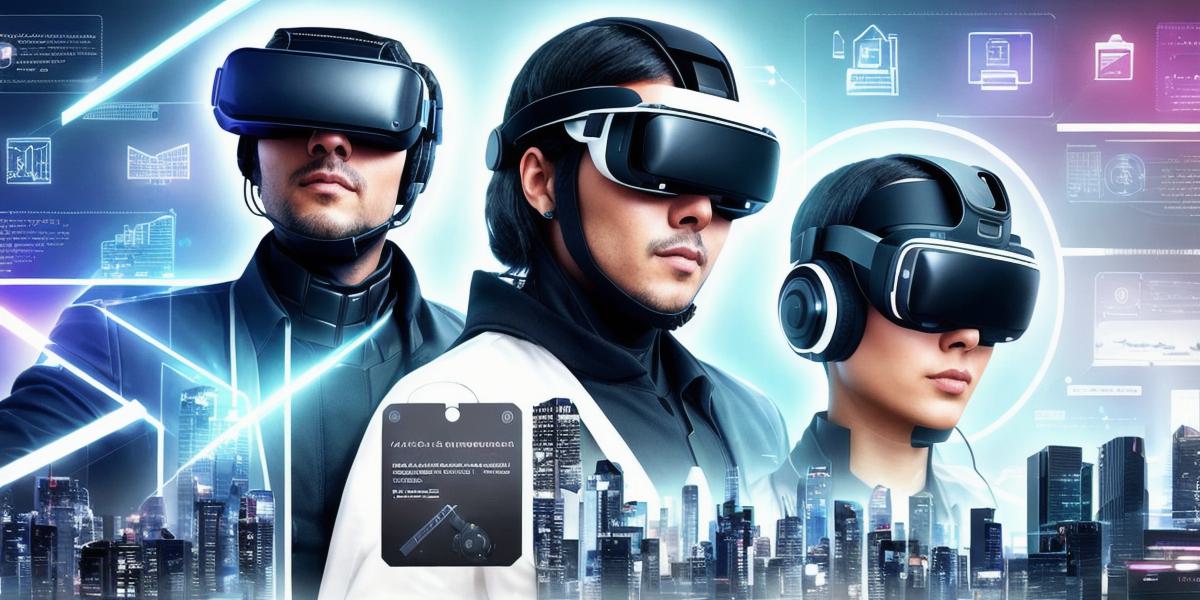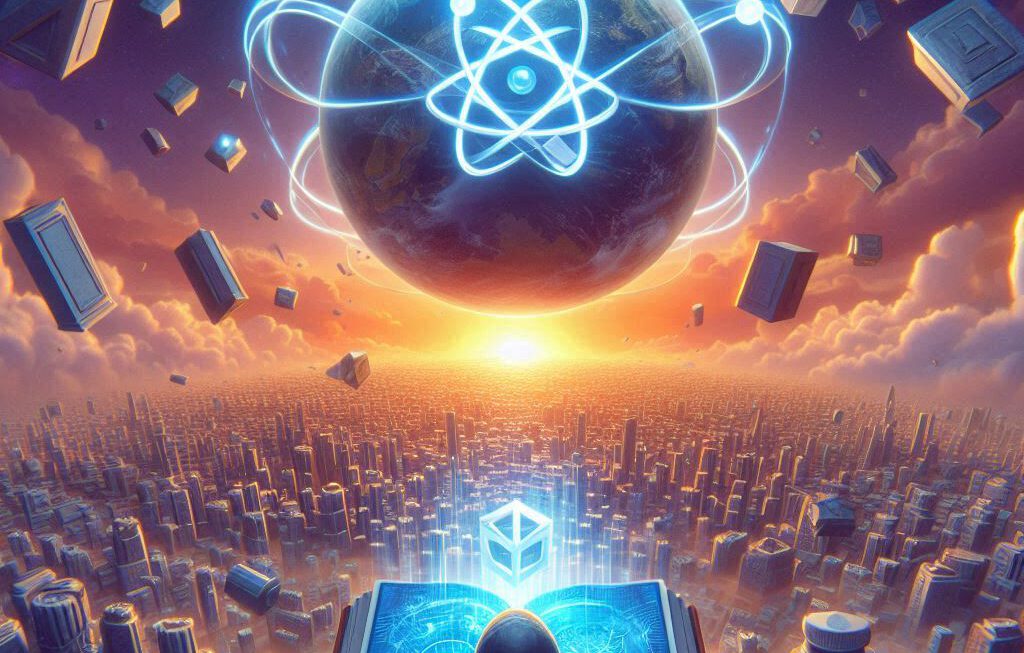Artificial intelligence (AI) is transforming industries across the board, and it’s no surprise that unity developers are playing a key role in this process. With their expertise in game development and 3D graphics, unity developers are well-positioned to take advantage of AI technologies and create innovative applications that can improve our lives in countless ways.
In this article, we’ll explore some of the ways that AI is revolutionizing different industries, with a particular focus on how unity developers are contributing to these changes. We’ll look at real-life examples of how AI is being used in various fields, and discuss the potential benefits and challenges associated with these technologies.

AI in Healthcare: Diagnosing Diseases and Improving Patient Care
One of the most promising applications of AI in healthcare is in disease diagnosis and treatment. With the help of machine learning algorithms, doctors are now able to analyze large amounts of medical data and identify patterns that can aid in diagnosis and treatment.
For example, researchers at Google have developed an AI system that can diagnose eye diseases with accuracy rivaling human experts. This technology has the potential to revolutionize ophthalmology by providing faster, more accurate diagnoses and reducing the need for expensive diagnostic tests.

AI is also being used to improve patient care in hospitals and clinics. For example, a company called Ada Health has developed an AI-powered chatbot that can help patients manage their chronic conditions at home. This chatbot uses natural language processing to understand patients’ questions and concerns, and provides personalized advice based on their medical history and symptoms.
The benefits of using AI in healthcare are numerous. For one thing, AI systems can analyze vast amounts of data much faster than human experts, allowing for quicker diagnoses and more targeted treatments. Additionally, AI systems can help to reduce costs by automating routine tasks and freeing up doctors and nurses to focus on more complex cases.
However, there are also challenges associated with using AI in healthcare. One of the biggest concerns is data privacy and security. Healthcare data is highly sensitive, and any breach could have serious consequences for patients. Additionally, there is a risk that AI systems may perpetuate existing biases and discrimination in healthcare, if they are trained on biased data or if their algorithms are not designed to be fair and unbiased.

AI in Retail: Personalizing Shopping Experiences and Improving Supply Chain Management
Another industry that is being transformed by AI is retail. In recent years, retailers have been using machine learning algorithms to analyze customer data and provide personalized shopping experiences. This can include anything from recommending products based on a customer’s browsing history to sending targeted emails with special offers and promotions.
One example of this is Amazon’s recommendation engine, which uses machine learning algorithms to suggest products that customers are likely to be interested in. This technology has been instrumental in the company’s success, helping to drive sales and increase customer satisfaction.
AI is also being used to improve supply chain management in retail. For example, a company called Zara has developed an AI system that can predict demand for different products in different regions, allowing the company to optimize its inventory levels and reduce waste.
The benefits of using AI in retail are clear: by providing personalized shopping experiences and improving supply chain management, retailers can increase sales, reduce costs, and improve customer satisfaction. However, there are also challenges associated with using AI in retail. One of the biggest concerns is data privacy and security, as retailers collect and store vast amounts of customer data. Additionally, there is a risk that AI systems may perpetuate existing biases and discrimination in retail, if they are trained on biased data or if their algorithms are not designed to be fair and unbiased.
AI in Transportation: Autonomous Vehicles and Smart Traffic Systems
Transportation is another industry that is being revolutionized by AI. One of the most exciting developments in this field is autonomous vehicles, which use machine learning algorithms to navigate roads and highways without human intervention.
Self-driving cars have the potential to reduce accidents caused by human error, such as drunk driving or distracted driving. They also have the potential to improve traffic flow and reduce congestion, by providing real-time information about traffic patterns and adjusting driving speeds accordingly.
One company that is leading the way in autonomous vehicles is Tesla.



